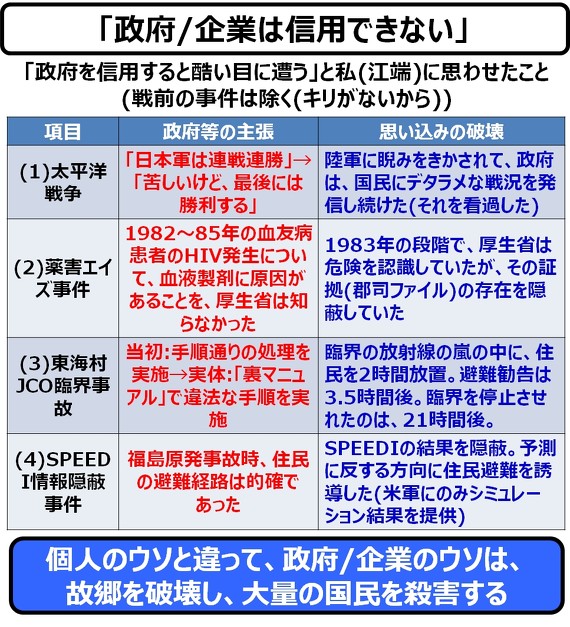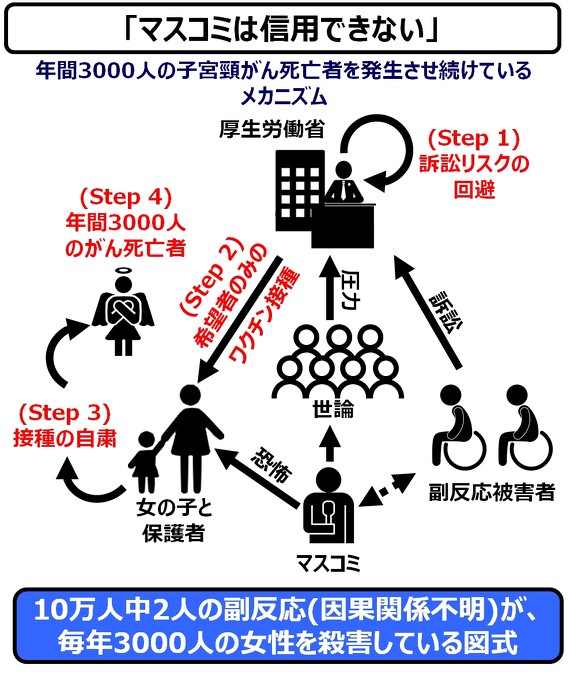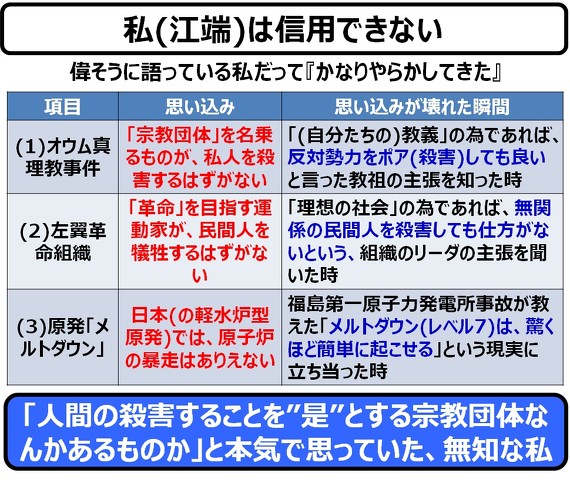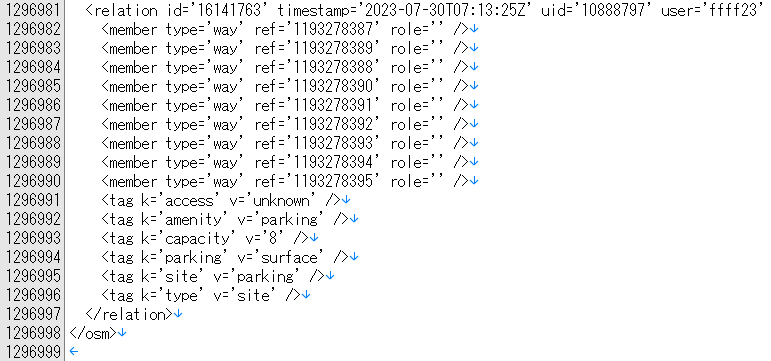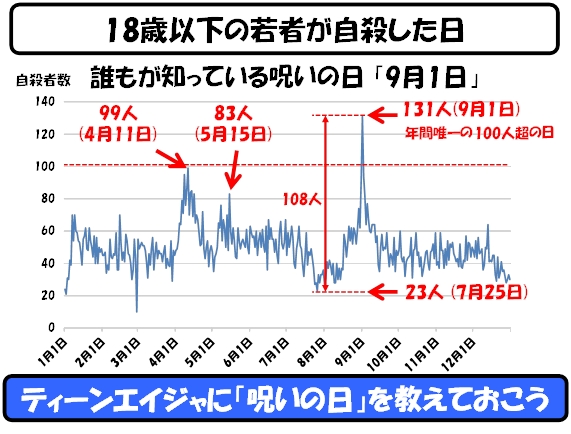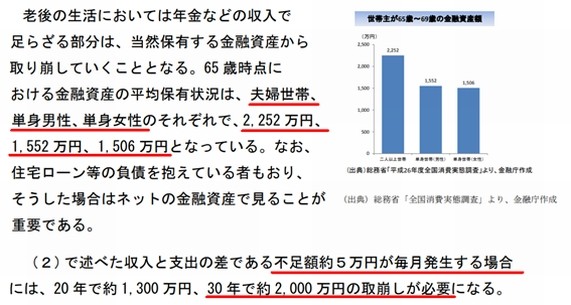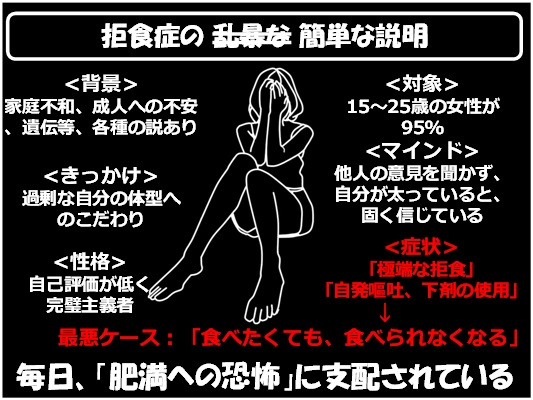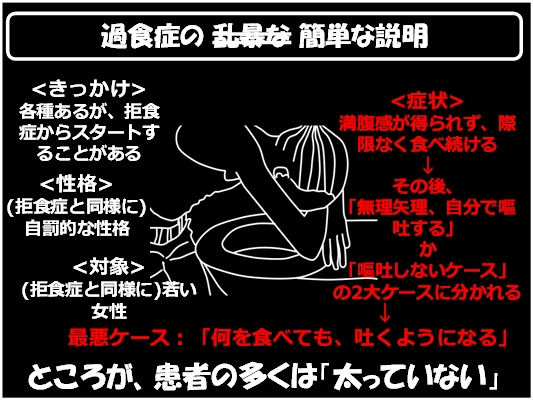2023-08-05 "Even if the Taliban could be eliminated by force, it would be impossible to massacre a girl who hates to study" [長年日記]
I rarely laugh out loud when reading a book, but this time I laughed out loud, which is rare.
In the recently released "Marginal Operation [F3]," there is a story about a Muslim girl (well, it's evident to those who know what I'm talking about: "Jibril"),
It depicts the logic of a girl (Jibril) who hates to study and runs away from her studies.
(1) The declining birthrate is a severe problem in developed countries, including Japan.
(2) this is because of the 'late age of marriage.'
(3) In other words, it is 'not good for girls to study.'
In the book, this is called the "Taliban Theory," an argument commonly found in rural Afghanistan.
What made me laugh was not the "Taliban" but the "girl who hates studying" who uses this as a rationale to escape from studying.
"So, my enemy was not only the Taliban but also a girl who did not like to study."
It was an eye-opener.
-----
If you look at the news, all you see is the tragic situation of women and children who have hope for the future but continue to be deprived of educational opportunities by the Taliban.
However, I also remember that most children "do not like to study" (I have already discussed many reasons why children do not like to study, so that I will skip this part).
To begin with, only a minority of children will have a clear vision of their future.
The trouble is that this "Taliban theory" falls into the troublesome argument that
(1) unless the children themselves study the theory,
(2) they cannot realize that the theory is a "deception" and a "logic convenient to the powerful side,
This is a circular argument.
-----
Afghanistan -- that country is disgustingly strong.
The Soviet Union (1978-1989) and the United States (2001-2021) have been plotting the destruction of the Taliban (or more precisely, the "liberalization (socialization/capitalization) of Afghanistan") for 11 years (1978-1989) and 20 years (2001-2021), respectively.
Ultimately, however, these two central military states were forced to withdraw from Afghanistan.
In comparison, Japan was Americanized in just four years (1941-1945) and even had a peace constitution drawn up by the United States.
(By the way, I am a "Constitutionalist" with an almost complete understanding of this historical background. Please don't misunderstand me (neither the right nor the left, please don't try to mess with me)).
Well, anyway, it is true that,
"Even if the Taliban could be eliminated by force, it would be impossible to massacre a girl who hates to study"
-----
To destroy the "Taliban Theory," it is futile to counter it with logic.
This is because there is not a single developed country at this point that has successfully addressed the declining birthrate.
From the Taliban's point of view, they can say, 'Have you seen yourself ?'. It will continue to be the basis for their justification.
"I am displeased."
However,
(A)In the fertility ranking, Japan ranks 174th out of 187 countries, while Afghanistan ranks 17th
(B) In the Gender Gap Index, Japan ranks 125th and Afghanistan 146th.
This is true number.
Listen to me.
We Japanese are "oppressing women" to the same degree as the Taliban-controlled countries while "completely losing the birth rate.
Therefore, there is no doubt that the Taliban "sneer at" the Japanese in Afghanistan.
The Taliban asks us, 'What the hell are you talking about, Japan?
Don't you feel displeased?
-----
Our country should be a place where
(1) women are free to choose their future,
(2) everyone can give birth in peace,
(3) children can receive an education in safety and security, and
(4) all children can say 'I love learning,'
We must aim for such a country.
Of course, this is a matter of national interest.
However, for me personally, I cannot stand the idea of being "ridiculed" by the Taliban.

